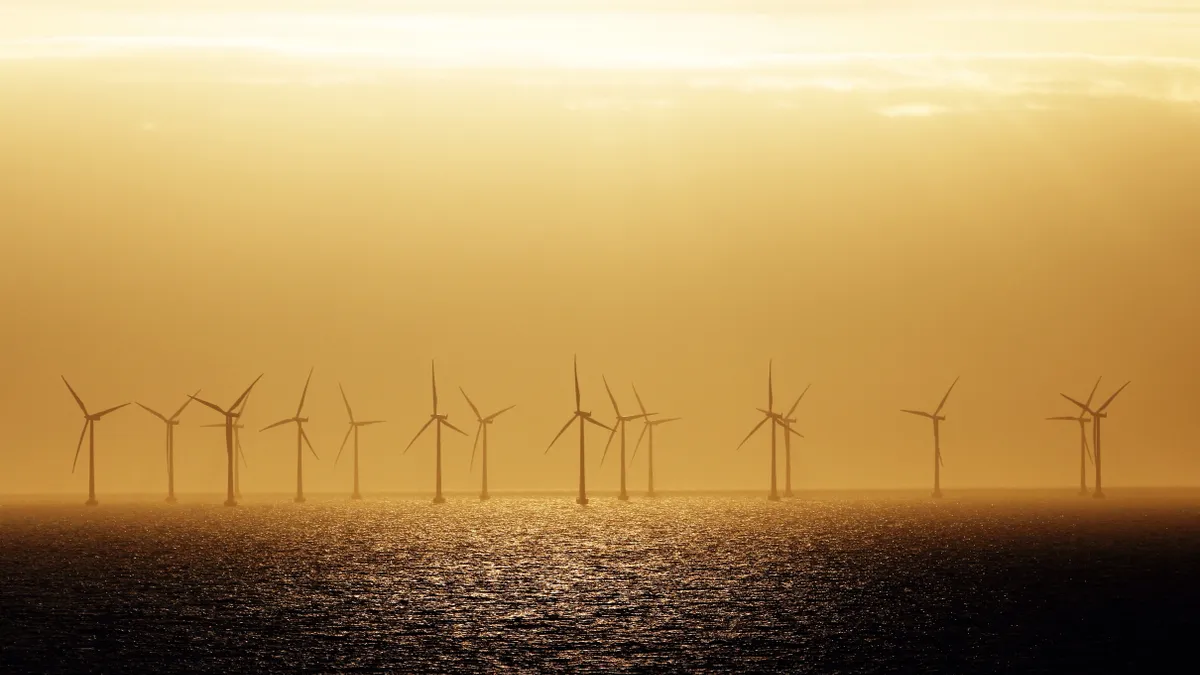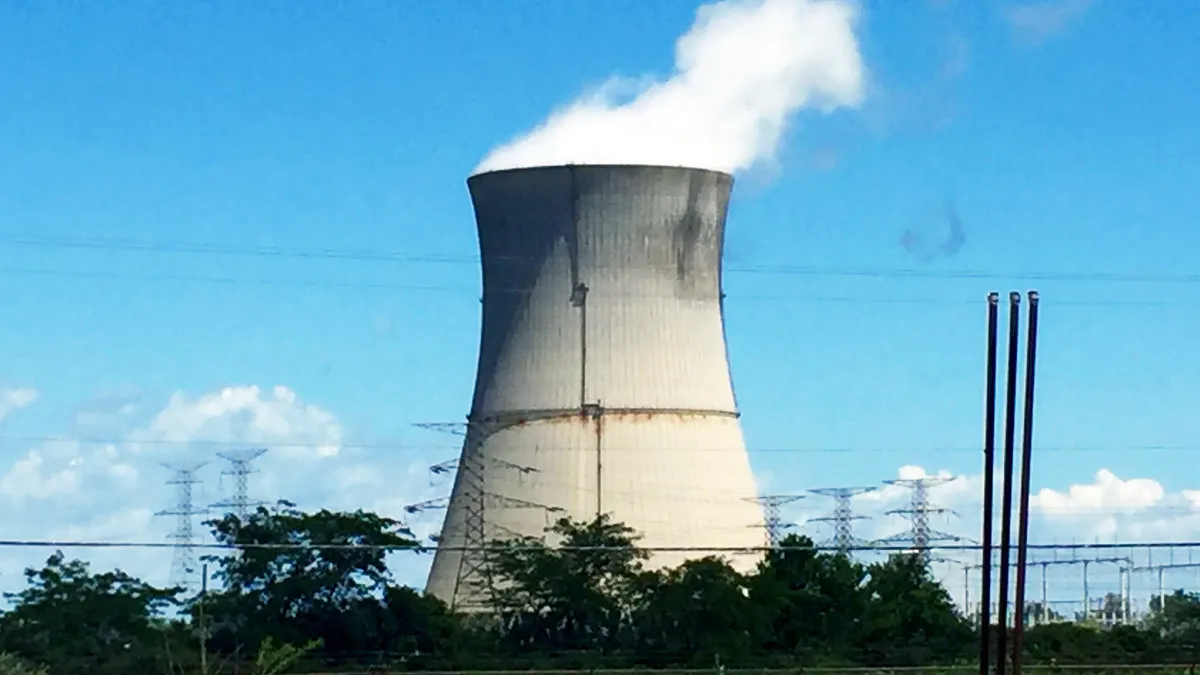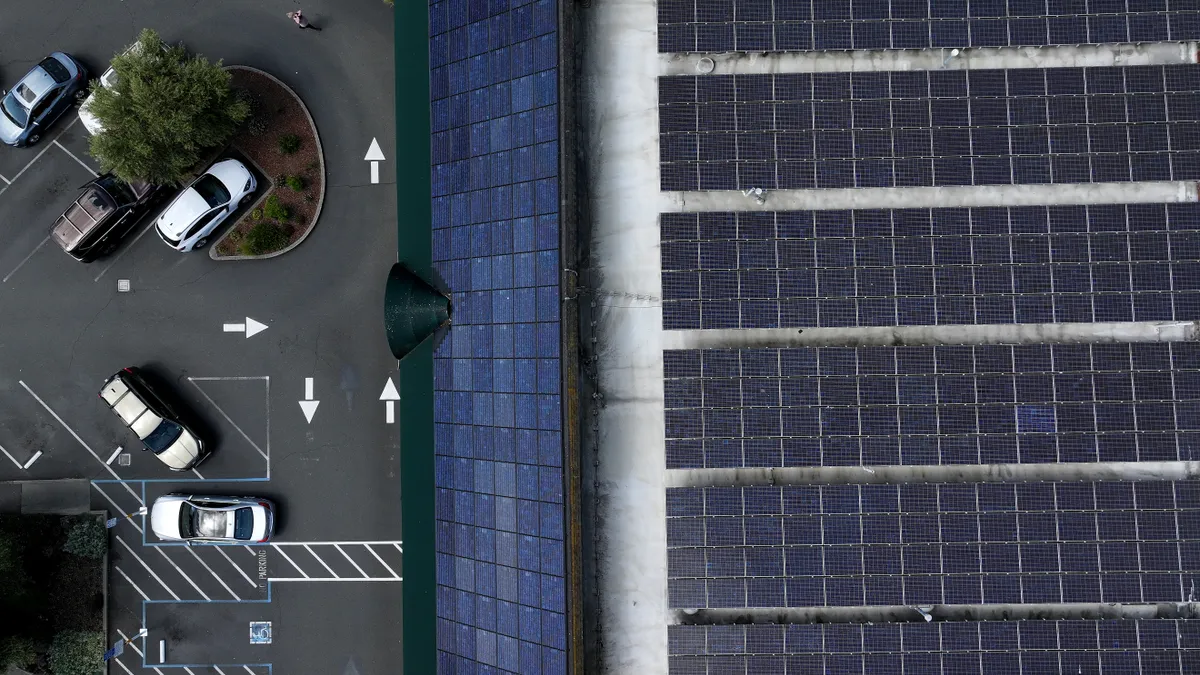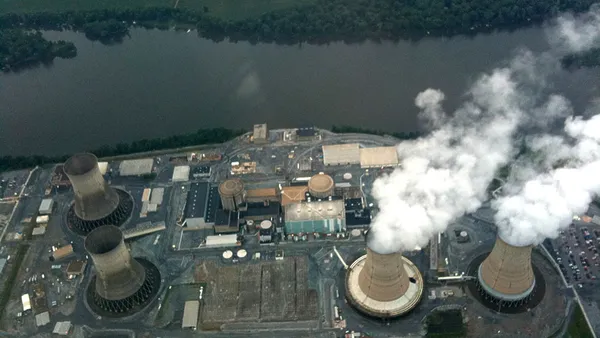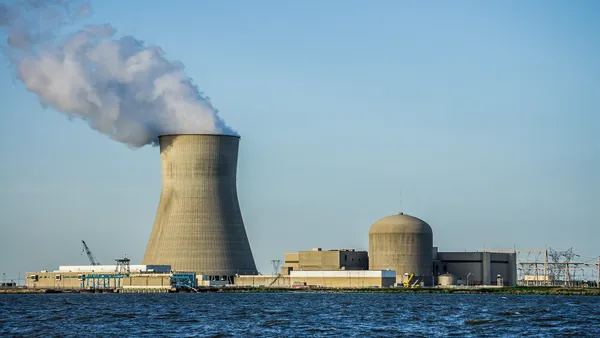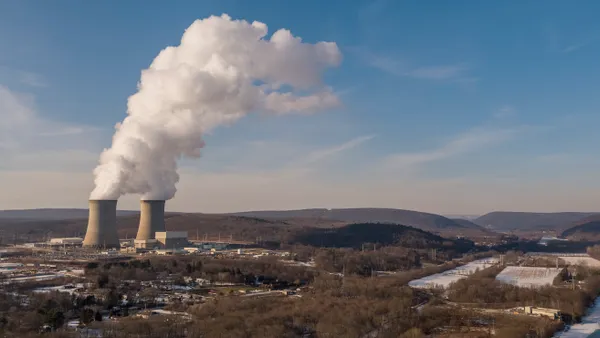Dive Brief:
- To support an offshore wind industry just beginning to gain footing in the U.S., Massachusetts Sen. Edward J. Markey (D) will introduce legislation to extend the 30% federal investment tax credit (ITC) for offshore facilities through 2025 instead of allowing it to phase out in the early 2020s.
- The 30% ITC has already proven critical for utility-scale solar's competitiveness against increasingly cheap natural gas and its extension to the early 2020s at the end of last year is forecasted to drive significant new capacity. It is also a key incentive for offshore wind, but the looming phase-out of credits limits its impact since many offshore wind facilities are still in the early planning phases.
- U.S. offshore wind is just beginning to build and there are few projects far enough along to be ready to use the ITC in its current five-year window, the American Wind Energy Association’s Nancy Sopko told Utility Dive. “Real development in offshore wind will likely take off in the early 2020s.”
Dive Insight:
While the U.S. offshore wind industry has struggled to get steel in the water, the sector is booming elsewhere.
Global offshore wind set an installation record in 2015, upping its 1,069 MW performance in 2014 to at least 3,996 MW. Cumulative global capacity is now over 11,800 MW and it is on track to reach as much as 47,000 MW by 2020, according to the U.S. Department of Energy. Although the majority of this capacity is being built in Europe, the industry is becoming more geographically diverse, with projects now also under construction in Asia.
Deepwater Wind's 30 MW, five-turbine Block Island Wind Farm off Rhode Island's coast will be the first operating U.S. offshore wind project. Its 20-year PPA calls for all output to go to National Grid at $0.244/kWh. It is expected to be online by the end of this year.
The Block Island facility does not necessarily clear significant barriers for more U.S. offshore wind, but verifies the U.S. has the necessary fundamentals, Utility Dive reported this week. Further growth will require more policy certainty like an ITC extension.
That appears to be the goal behind Markey's legislation, which he said he would introduce "soon" at an energy conference last week, according to reporting from Bloomberg.
“We have an opportunity to provide a long-term extension of this tax policy because the budget experts in Washington don’t know what we in this room know,” Markey said at the conference. “Offshore wind is poised to take off in the United States."


